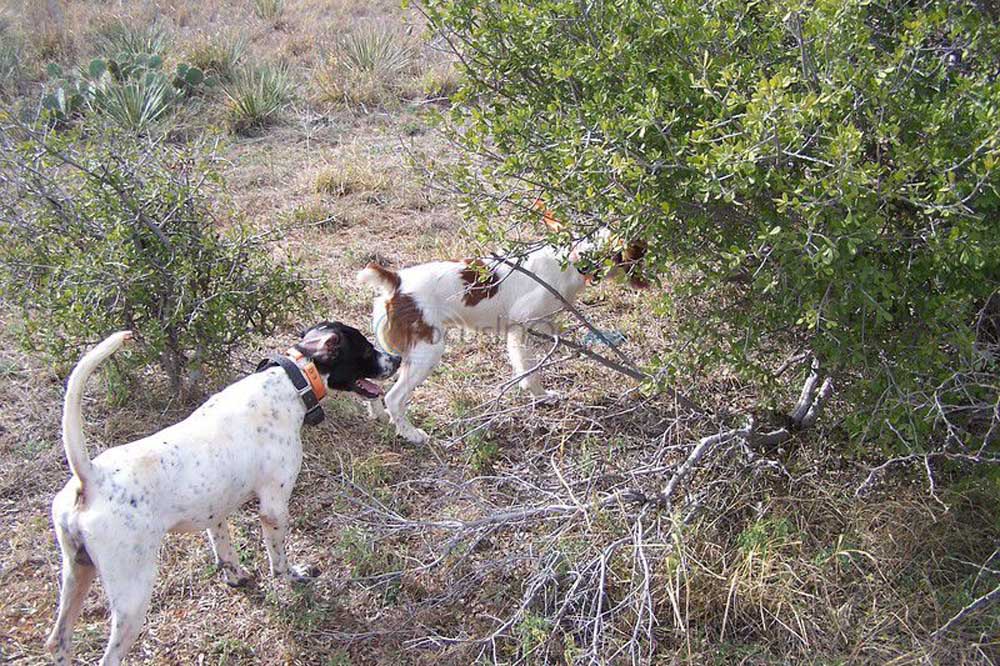Surviving the storm
Published 10:42 am Monday, January 4, 2016

- TAO Texas quail hunters are enjoying their best season in years, and right now it doesn't look like the first big winter storm is going to slow hunting.
This from Dr. Dale Rollins and the folks at Rolling Plains Quail Research Ranch:
The second major winter event of the year struck the Rolling Plains with a vengeance on December 27. Blizzard conditions, including winds in excess of 60 mph brought freezing rain, sleet, and snow. And the sun didn’t shine for a week thereafter where I was holed up in southwestern OK. I ran my dogs a couple of times, and drove around getting some video, and found bobwhites in good numbers in the sandhills northwest of Hollis.
Trending
One of the niceties about having quail radiomarked year-round for the long-term (8 years and counting now) is that we can assess acute and chronic events that can affect quail survival. As for this winter, so far, so good . . . may be even “better.” Here’s a report from RPQRR technician Adrian Cain: “at the end of the trapping season (12 Dec), we had 99 birds on air. Now, almost a month after the end of the trapping season, our quail survival has been excellent, even during the freeze. Since the end of trapping season, we have observed only two mortalities, one of which was due to a mammal, the other by unknown source. Three additional collars are missing.”
I spent the afternoon of New Year’s Day in the Annie Pasture and flushed 8 coveys on a walk of perhaps two miles. Covey size was still “good” (12 birds or so). We have several hunts planned during January and February and will continue to monitor our radio-marked birds.
Having said that, and feeling good at this point, I’m always nervous when someone reports a peculiar-acting bird. One landowner from Shackelford Co. called me on Dec. 22 with report of a bobwhite that couldn’t fly well, eventually hitting a cactus. He captured it by hand, and upon my request he euthanized the bird and put it in the freezer until I can pick it up. Consider this an APB for any such peculiar-acting quail you may encounter; give me a call (325-650-0311) or e-mail drollins@quailresearch.org with such reports.



